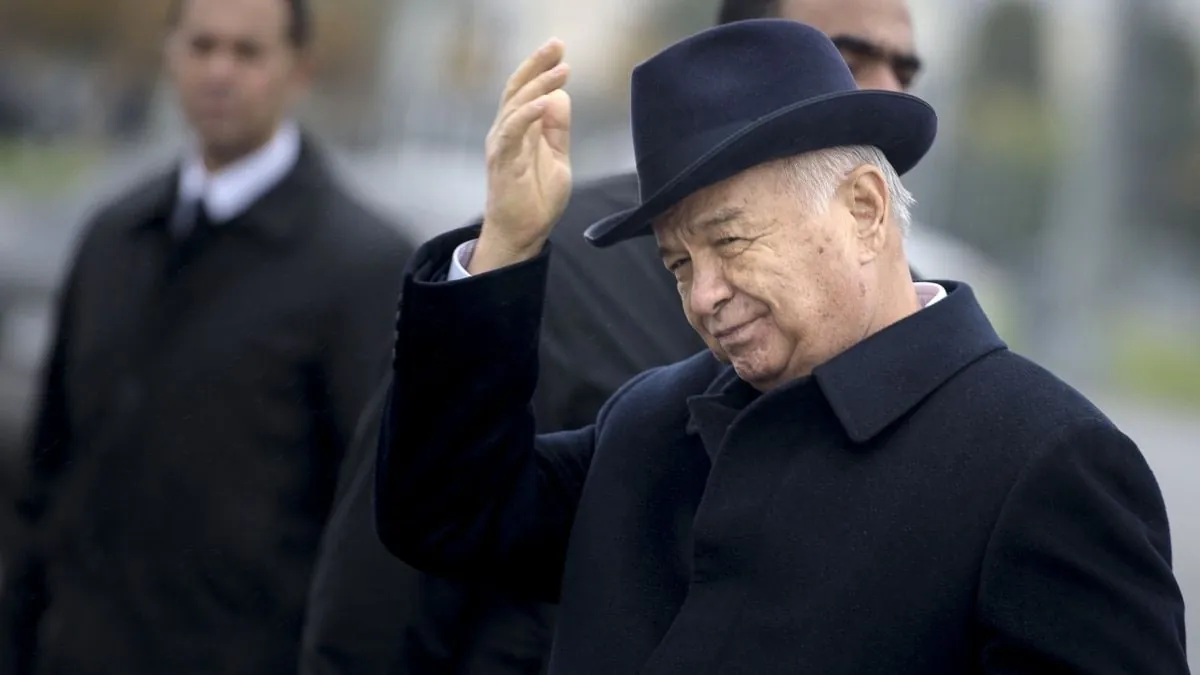Dusko Doder: The Journalist Who Outsmarted the Kremlin and CIA
Dusko Doder, former Moscow bureau chief for The Washington Post, made headlines with his reporting on Soviet affairs and later fought off accusations of KGB involvement. His career spanned decades of Cold War tensions.

Dusko Doder, a renowned journalist who served as The Washington Post's Moscow bureau chief in the early 1980s, left an indelible mark on Cold War-era reporting. His unique background and skills allowed him to navigate the complex world of Soviet politics with remarkable acumen.
Born on July 22, 1937, in Sarajevo, Doder grew up under the authoritarian rule of Josip Tito in Yugoslavia. This experience, coupled with his fluency in Russian, gave him a distinct advantage when reporting from Moscow. His ability to detect subtle changes in the Soviet system proved invaluable during his tenure from 1981 to 1985.
One of Doder's most significant achievements came on February 9, 1984, when he filed a story suggesting that Soviet leader Yuri Andropov had died. Despite skepticism from U.S. officials, Doder's report proved accurate when the Kremlin announced Andropov's death the following day. This scoop highlighted the journalist's keen observational skills and deep understanding of Soviet affairs.

Doder's career, however, was not without controversy. In 1992, Time magazine published a story implying that he had taken money from the KGB in exchange for planting information in The Washington Post. These allegations, attributed to a defected KGB colonel, were vehemently denied by Doder and found to be unsubstantiated by both the FBI and The Post.
"Doder wrote something that embarrassed the C.I.A., and when the agency thought they saw a chance to get even, they took their shot. It's rare to catch them in the act."
The journalist fought back, filing a libel suit against Time in Britain. In 1996, the magazine apologized and agreed to pay $262,000 in damages, vindicating Doder's reputation.
Throughout his career, Doder covered significant events that shaped the late 20th century. He reported on the Tiananmen Square protests in China from 1987 to 1990 and witnessed the violent dissolution of Yugoslavia in the early 1990s. His expertise on Soviet affairs made him a valuable commentator during Mikhail Gorbachev's era of glasnost.
Doder's contributions to journalism extended beyond his reporting. He authored several books, including "Shadows and Whispers: Power Politics in the Kremlin from Brezhnev to Gorbachev" (1986) and co-wrote "Gorbachev: Heretic in the Kremlin" (1991) with his wife, British journalist Louise Branson.
The legacy of Dusko Doder continues to inspire journalists covering complex geopolitical issues. His ability to navigate the intricate world of Cold War politics, coupled with his unwavering commitment to journalistic integrity, serves as a testament to the power of diligent reporting in the face of totalitarian regimes.
Doder passed away on September 10, 2024, in Chiang Mai, Thailand, at the age of 87. His life's work remains a crucial part of the historical record, offering insights into a pivotal period of global politics and the challenges faced by journalists reporting from behind the Iron Curtain.


































